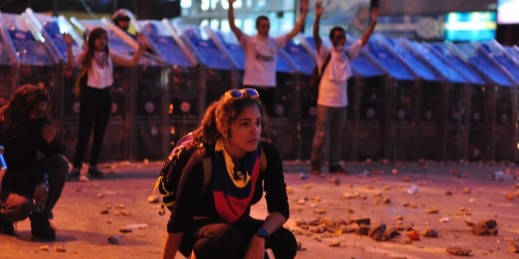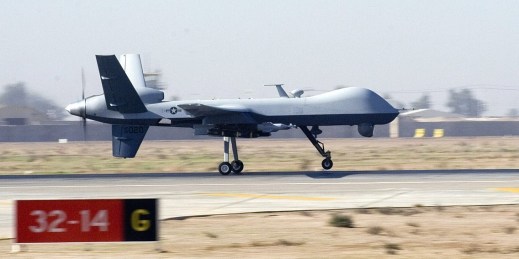
The geopolitics surrounding the crisis in Venezuela captures the new normal of inter-American relations. The Union of South American Nations (UNASUR), a regional South American body created in 2008, has stepped up its involvement and, through a three-member delegation of Brazil, Colombia and Ecuador’s foreign ministers, is playing a prominent role in fostering dialogue. Meanwhile, the United States, though keen to shape the post-Chavez trajectory of Venezuela, is in the background, unsure of how to make a constructive impact. This unfolding episode serves as further reminder that U.S. foreign policy toward South America remains largely unsettled. Washington’s preferences do not […]



